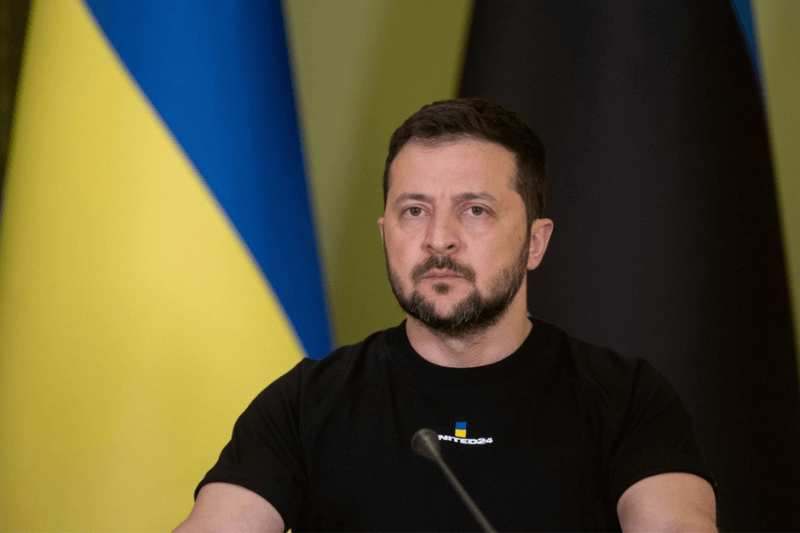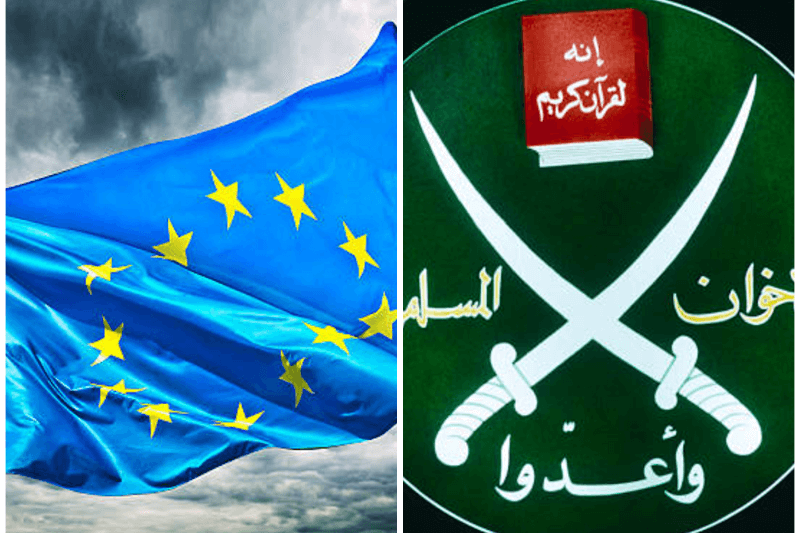
Zelenskiy Faces Tough Questions During End-Of-Year Press Conference
The leaders of Ukraine and Russia have pledged to reach their military goals as the brutal conflict heads toward its third year. Ukraine’s Volodymyr Zelensky faced tough questions during his end-of-year press conference in the capital Kyiv.
He sought to boost the domestic mood and maintain support that has been stuttering in recent periods. The moments come as the US and the EU – Ukraine’s two biggest allies – have failed to approve two separate support packages.
US and European Financial Support For Ukraine
But the EU has, nonetheless, delivered a political boost by agreeing to open formal membership discussions. In the beginning of the conference, Zelenskiy highlighted “I’m certain US and European financial support will continue.”
“I’m confident the US won’t betray us,” he added. On questions concerning a possible Donald Trump presidency next year, the leader noted that any drop in global support for Kyiv could have a “very big impact on the course of the war”.
Keep Reading
Nevertheless, Zelenskiy rejected notions that his country was heading towards defeat. Instead, he insisted Kyiv had been in a tougher position since the conflict started in February 2022, ading Ukraine could claim victory more quickly if it remained resilient.
On the other hand, during his year-end press conference last week, Russian President Vladimir Putin took a hardline stance that demanded Ukraine’s unconditional surrender, calling for the “denazification of Ukraine, its demilitarisation and neutral status.”
Ukraine’s Army Struggling To Find New Recruits
Reports of troop shortages have emerged. Meanwhile, the leader said the military had asked him to mobilize an extra 450,000-500,000 people, but that a final decision had not been taken yet. “I said that I would need more arguments to support this move.”
“It’s a question of people” … “It’s a question of fairness” … “It’s a question of defense capability” and “It’s a question of finances,” Zelenskiy noted. He, however, indicated he agreed to reduce the age of mobilizing non-reservists to 25, but said he was against mobilizing women.




